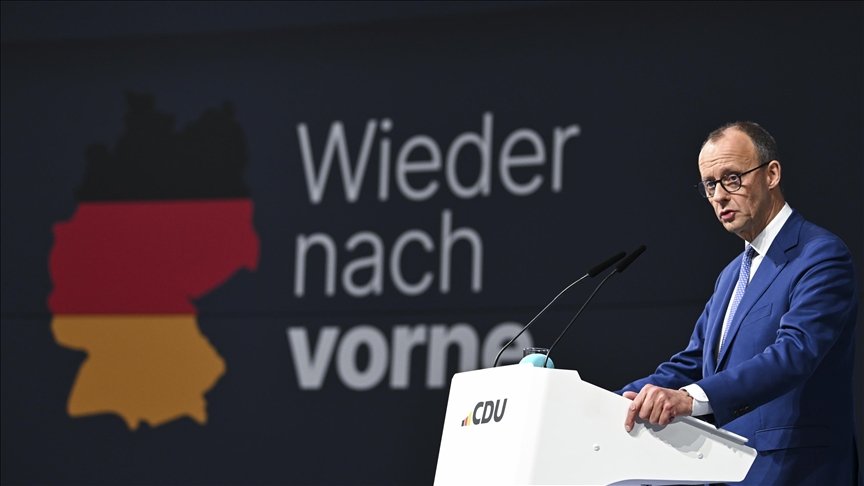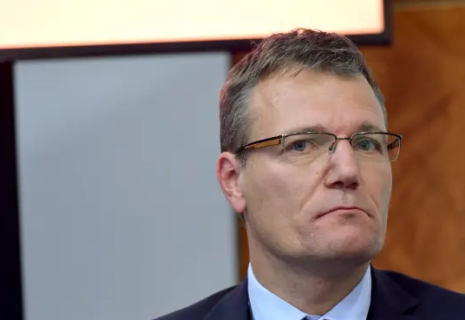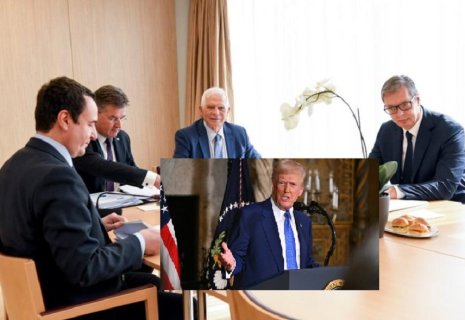
Friedrich Merz Remains Front-Runner Despite Declining Polls
Despite slipping polling numbers, conservative politician Friedrich Merz remains the leading candidate to become Germany’s next chancellor. The 69-year-old CDU leader, known for his confrontational approach, has struggled with low popularity, particularly among women and young voters, CE Report quotes Anadolu Agency
As the elections approach, a ZDF poll shows the CDU/CSU bloc at 28%, their lowest this year. Meanwhile, the far-right AfD has strengthened its position at 21%, with analysts citing Merz’s unpopularity as a key obstacle to a broader CDU/CSU appeal. Chancellor Olaf Scholz’s SPD remains at 16%, potentially facing its worst result since 1949.
Merz has pushed for business-friendly policies to counter economic stagnation, advocating lower corporate taxes, deregulation, and renewed investment in nuclear energy. However, critics argue that his ties to multinational corporations raise concerns about potential prioritization of lobbyist interests over public welfare.
Immigration reform is central to Merz’s campaign, as he promises tighter border controls and stricter deportation policies. His efforts to align with far-right anti-immigration rhetoric backfired recently when an AfD-backed bill was rejected, leading to protests across Germany. Under pressure, Merz reaffirmed his stance against any cooperation with the AfD.
On foreign policy, Merz emphasizes strong US and Israel ties, backing military support for Ukraine and criticizing the Scholz government’s cautious approach. He also pledged to strengthen relations with Israel if elected, vowing to lift arms export restrictions.
As the CDU/CSU seeks coalition partners, analysts predict complex negotiations ahead, with potential alliances including the SPD or the Greens. With smaller parties nearing the parliamentary threshold, a three-party coalition may be necessary, adding further uncertainty to Germany’s political landscape.






















